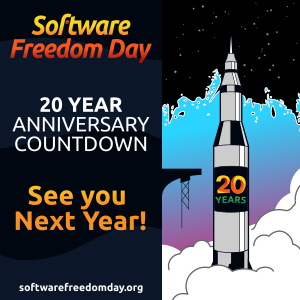 From the prize-winning HeyJude blog comes word of an interesting study by the British think tank Demos called "Their Space : education of a digital generation", which discusses the use of digital technologies among children (born in the 1990s and the first that can not remember their first use of a computer) and the implications for education.
From the prize-winning HeyJude blog comes word of an interesting study by the British think tank Demos called "Their Space : education of a digital generation", which discusses the use of digital technologies among children (born in the 1990s and the first that can not remember their first use of a computer) and the implications for education. There are a number of findings, but the central one seems to be that this generation is using technology in a particular way, and the massive investment in technology for education has been organized in a way which seems determined to work "against the grain" of their practices rather than work with them. The enabling technologies of computers and the Internet are creating a generation more at home with peer-driven learning and self-paced discovery than the hierarchical and formal approach used in schools.
The study suggests learning technologies should be designed to work with the informal learning style that students bring with them to schools, and not try to force them to adopt the practices of the past.
In libraries, this is the "patron is not broken" concept, which is leading to redesign of our catalogs and web sites. Nice to know we're not the only ones facing up to this. It also made me realize that institutions of lifelong learing (libraries) may be just what this generation will need.







